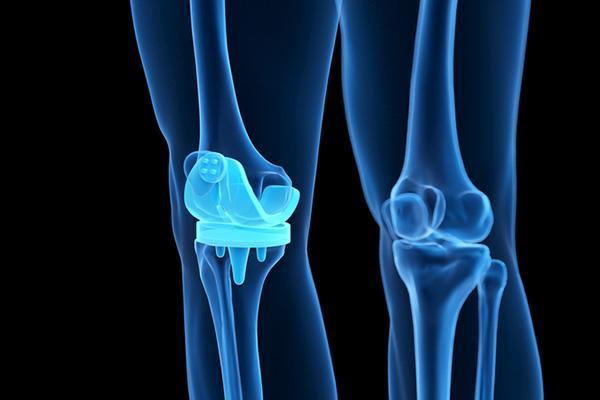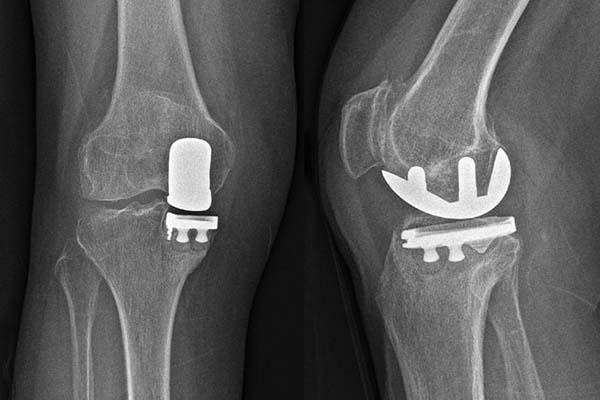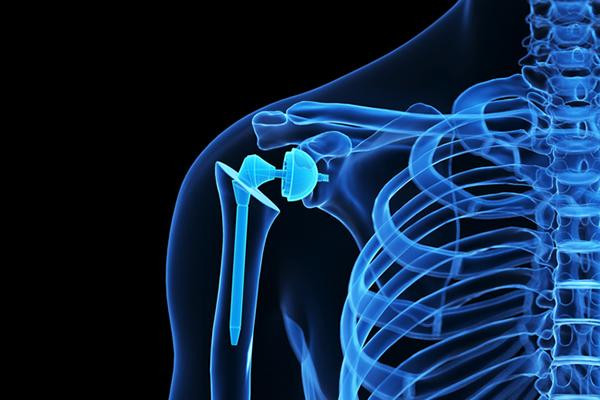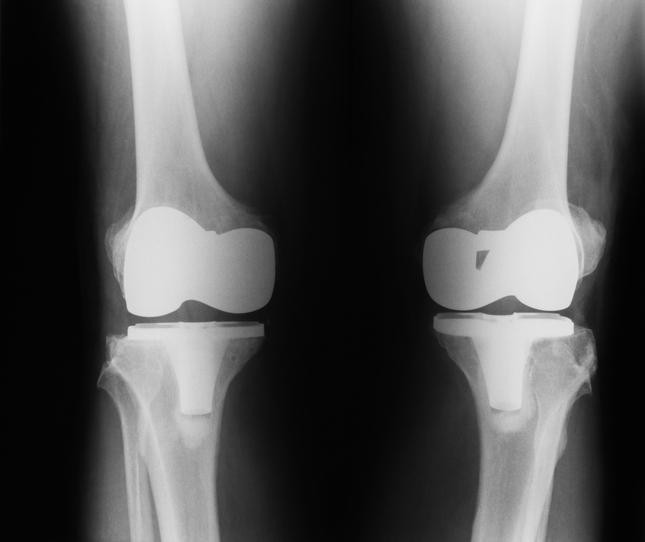
New thinking about plaque in arteries that feed the brain

Want to prevent shifting teeth? Maybe you need retainers

New evidence that polyphenol-rich foods help the heart

What you need to know about the new dietary guidelines

Food that’s healthier for people and planet can be cheaper, too

What are somatic workouts?

How to curb your stress eating

8 simple ways to reduce ultra-processed foods in your diet

How to spot Parkinson’s disease symptoms

Heart failure symptoms in women: How they’re different
Joint Replacement Archive
Articles
Advancements in knee replacement: More precise and personalized
Total knee replacement can relieve pain and restore function for people with knee osteoarthritis. Innovations, such as robotic-assisted surgery, personalized 3D-printed implants, and enhanced protocols for rehabilitation and pain control, aim to further improve results.
Partial knee replacement as effective as total replacement for select patients
A 2025 study found that for people with advanced knee osteoarthritis in which the damage is limited to one side of the joint, partial knee replacement is as effective as total knee replacement for pain relief and improved function and carries a similar need for additional surgeries within 10 years.
Obesity appears not to raise risks from shoulder replacement surgery
Obesity is thought to increase the risk of complications for people undergoing certain joint replacement surgeries. A 2025 study found that compared with people of a healthy weight, people with severe obesity (BMI of at least 40) were at no greater risk for serious complications following shoulder replacement surgery.
Two bad knees? What to know about bilateral knee replacement
If total knee replacement is needed for both knees and symptoms in both are equally severe, bilateral knee replacement can be done, either in one surgery or in stages. Replacing both knees at once may be a good option for people under 75 with no major medical conditions and support at home.
What happens when a joint replacement fails?
Total knee and hip replacements are highly successful procedures that can relieve pain and restore mobility for people with severe arthritis. Occasionally, joint replacement fails, and revision surgery is needed. Reasons for revision include infection, implant loosening, dislocation, and fracture. Warning signs of a problem include persistent pain, swelling, or instability. Revision surgeries are more complex, require longer recovery, and carry higher risks than the original surgery. Experienced surgeons who perform these procedures frequently tend to have the most success.

New thinking about plaque in arteries that feed the brain

Want to prevent shifting teeth? Maybe you need retainers

New evidence that polyphenol-rich foods help the heart

What you need to know about the new dietary guidelines

Food that’s healthier for people and planet can be cheaper, too

What are somatic workouts?

How to curb your stress eating

8 simple ways to reduce ultra-processed foods in your diet

How to spot Parkinson’s disease symptoms

Heart failure symptoms in women: How they’re different
Free Healthbeat Signup
Get the latest in health news delivered to your inbox!
Sign Up








